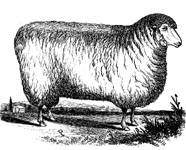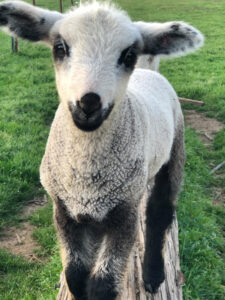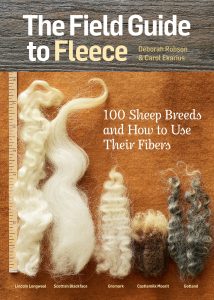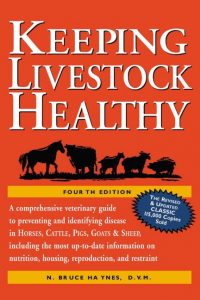
Breed Facts
Status:
Threatened
Use:
Meat, Wool, Milk
Adult Weight:
Rams/Ewes Average: 150 – 275 lbs.
Temperament:
Docile
Experience Level:
Novice – Intermediate
Notes:
Prolific; long-lived; wide range of colors; flock well
ROMELDALE/CVM SHEEP
Romeldale Sheep is an American fine-wool breed, and the California Variegated Mutant (CVM) is its multi-colored derivative. Both the CVM and the Romeldale are unique to the US and are endangered.
A.T. Spencer began developing the Romeldale in California in the early 1900s. In 1915, Spencer bought the prize-winning New Zealand Romneys at the Panama-Pacific International Exposition in San Francisco. He bred these rams to his Rambouillet ewes with the goal of improving both the meat and wool qualities of his stock. This group of Romney-Rambouillet crosses were bred for several years and selected for both wool and meat quality. They became known as Romeldales.
During the 1940s and 1950s, the J. K. Sexton family selected for sheep with high rates of twinning, maternal ability, and non-seasonal reproduction. Soft-handling wool was also a priority, as was fleece weight (ten to fifteen pounds) with a fiber diameter of 21-25 microns. The wool of the Sexton flocks was so highly regarded that for many years the entire clip was sold to Pendleton Mills.
During the 1960s, colored lambs appeared in the Romeldale breed. Glen Eidman, a partner of the Sextons, became interested in these sheep and linebred them for several generations, further selecting for fleece quality. He referred to this group of sheep as California Variegated Mutants, usually shortened to CVM.
Romeldale sheep are white, but the classic color pattern of the CVM is “badger-face” – dark muzzle, dark eyes, striping down the sides of the face – with dark underbelly, dark legs possibly with white markings, dark chest from the chin to the underbelly, and dark area under the tail. This pattern creates a range of color shades on a single fleece. Selection has increased the range of colors to include gray, black, brown, and moorit. Fleece colors darken rather than lightening as the sheep mature.
CVM and Romeldale sheep may be considered two varieties of a single breed; other than their color, CVMs and Romeldales have similar characteristics. The sheep weigh 150-275 lbs. The rams are active breeders; the ewes are excellent mothers with plenty of milk who will protect their offspring from predators. Twinning and ease of lambing are considered important breed attributes. They produce wool, milk, and meat and can do well even in extreme weather. They are intelligent, docile, alert, prolific, and long-lived, and they are a good choice for beginners. They flock, making them easy to shepherd.
The CVM and Romeldale sheep have never been numerous, and today they are quite rare. The breed’s fleece quality and performance characteristics, however, make them useful for many production systems and valuable to handspinners and other fiber artists.
Did you know:
The Livestock Conservancy writes, publishes, and sells books to help educate heritage breeders. Your membership dollars help us develop resources for farmers, ranchers, and shepherds across America. Click here to browse the shelves of our online bookstore.
You may be interested in…

Breed Facts
Status:
Threatened
Use:
Dual
Adult Weight:
160 -275 lbs
Temperament:
Docile
Experience Level:
Novice – Intermediate
Notes:
Prolific, long lived, wide range of colors
You may be interested in…




